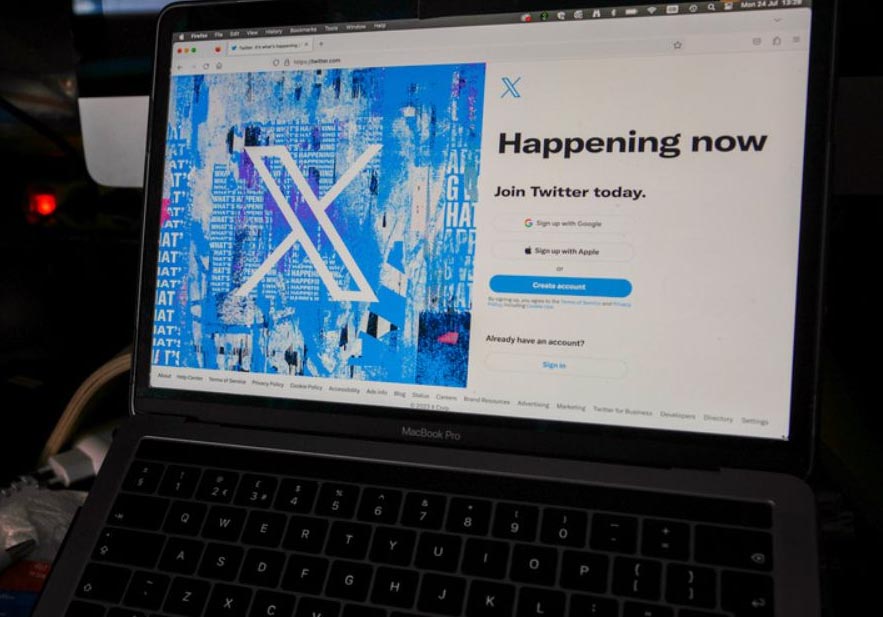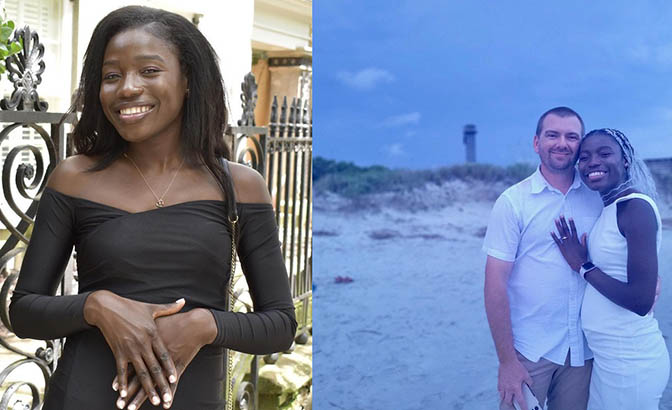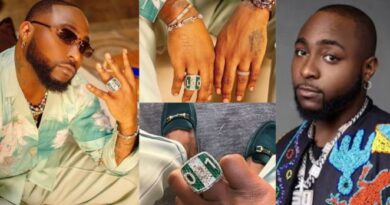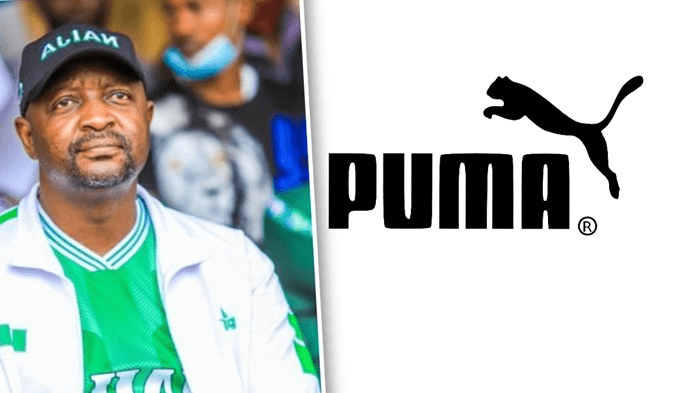Musk rebrands Twitter, replaces bird logo with X
Elon Musk killed off the Twitter logo on Monday, replacing the world-recognized blue bird with a white X as the tycoon accelerates his efforts to transform the floundering social media giant.
Musk and the company’s new chief executive Linda Yaccarino announced the rebranding Sunday, scrapping one of technology’s most iconic logos in the latest shock move since the tycoon took over Twitter nine months ago.
Musk’s connection to the letter X goes back 24 years when he founded X.com, which later was renamed PayPal despite his objections. His space company is called SpaceX and the parent company of Twitter was changed to X earlier this year.
He described the logo as “minimalist art deco,” and updated his Twitter bio to “X.com,” which now redirects to twitter.com.
The Tesla CEO also tweeted that under the site’s new identity, a post would be called “an X,” challenging the public to stop referring to “tweeting” or “tweet.”
Since the takeover, Musk has said his acquisition was “an accelerant to creating an “everything app” inspired by China’s WeChat, which would function as a social media platform and also offer messaging and payments.
“You basically live on WeChat in China because it’s so usable and helpful to daily life, and I think if we can…get close to that at Twitter, it would be an immense success,” he told a company town hall meeting in June last year.
The new logo was projected onto the facade of Twitter’s San Francisco headquarters on Sunday night.
“Powered by AI, X will connect us in ways we’re just beginning to imagine,” Yaccarino tweeted.
Yaccarino, a former advertising sales executive at NBCUniversal who Musk hired last month to be Twitter’s CEO, said the social media platform was on the cusp of broadening its scope.
“X is the future state of unlimited interactivity… creating a global marketplace for ideas, goods, services, and opportunities.”
The logo change was greeted with criticism as well as nostalgia for what had become a symbol for the social media age.
Martin Grasser, one of the original designers of the blue bird logo, wrote that it was intended to be “simple, balanced, and legible at very small sizes.”
Twitter founder Jack Dorsey, who signed off on the design in 2012, replied to Grasser with an emoji of a goat, meaning “greatest of all time.”
Brand suicide?
Esther Crawford, a former head of product at Twitter, said the change amounted to a form of “corporate seppuku,” referring to the Japanese ritual suicide for samurai.
Such a move was “usually committed by new management in pursuit of cost-savings due to a lack of understanding about the core business or disregard for the customer experience,” she added.
Vanitha Swaminathan, professor of marketing at the University of Pittsburgh, warned that there was a real risk of further damage against the company.
“Every time there is a name change, customers generally don’t like change of any kind,” she said.
“But in this case, if they really want to move in a different direction, or they want to lose some of the negative PR, this is a good way to give yourself a new start,” she added.
Since Musk bought Twitter for $44 billion last October, the platform’s advertising business has collapsed as marketers soured on Musk’s management style and mass firings at the company that gutted content moderation. Musk last week said Twitter has lost roughly half of its advertising revenue since he took the reins.
In response, the billionaire SpaceX boss has moved toward building a subscriber base and pay model in a search for new revenue.
Many users and advertisers alike have responded adversely to the social media site’s new charges for previously free services, its changes to content moderation, and the return of previously banned right-wing accounts.
Twitter is thought to have around 200 million daily active users, but it has suffered repeated technical failures since Musk sacked much of its staff.
Facebook parent Meta this month launched its text-based platform, called Threads, which has up to 150 million users, according to some estimates.
But the amount of time users spend on the rival app has plummeted in the weeks since its launch, according to data from market analysis firm Sensor Tower.








